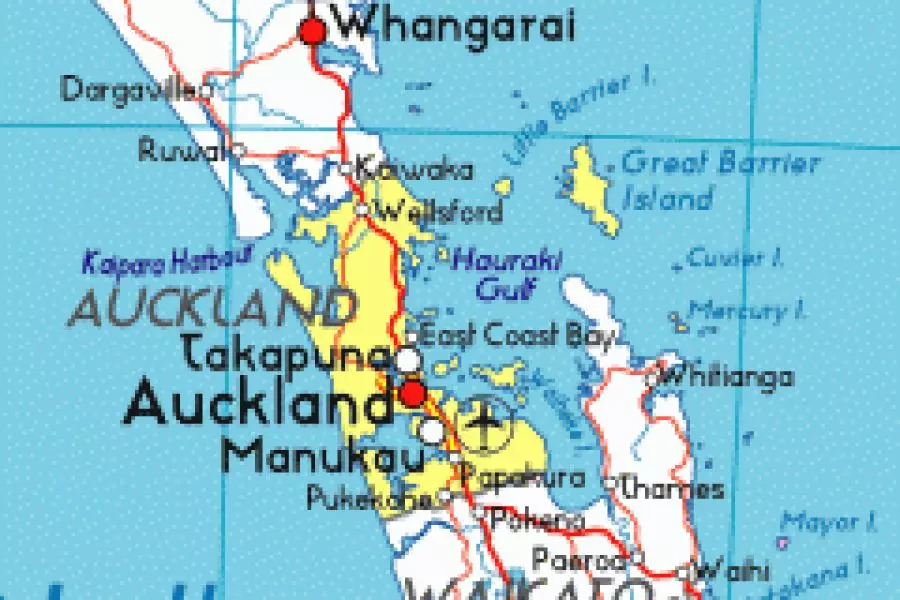News
No stopping value rises: QV

Tuesday 2nd of August 2016
Auckland’s average residential property value increased by 5.2% over the past three months and by 16.0% year-on- year to hit $992,207.
This is 81.6% above the 2007 market peak – although, once adjusted for inflation, the average Auckland value went up by 15.5% year-on- year, which left it 54.2% higher than in 2007.
QV’s Auckland valuer James Wilson said a sever...
Want to read the full article?
Click the button below to subscribe and will have unlimited access to full article and all other articles on the site.
2 min read






![[The Wrap] Bye Bye Bayly](https://goodreturns.publit.io/file/c_fill,w_900,h_600/39f23ac1-f7c7-4854-b700-a150004ebbac.webp)


